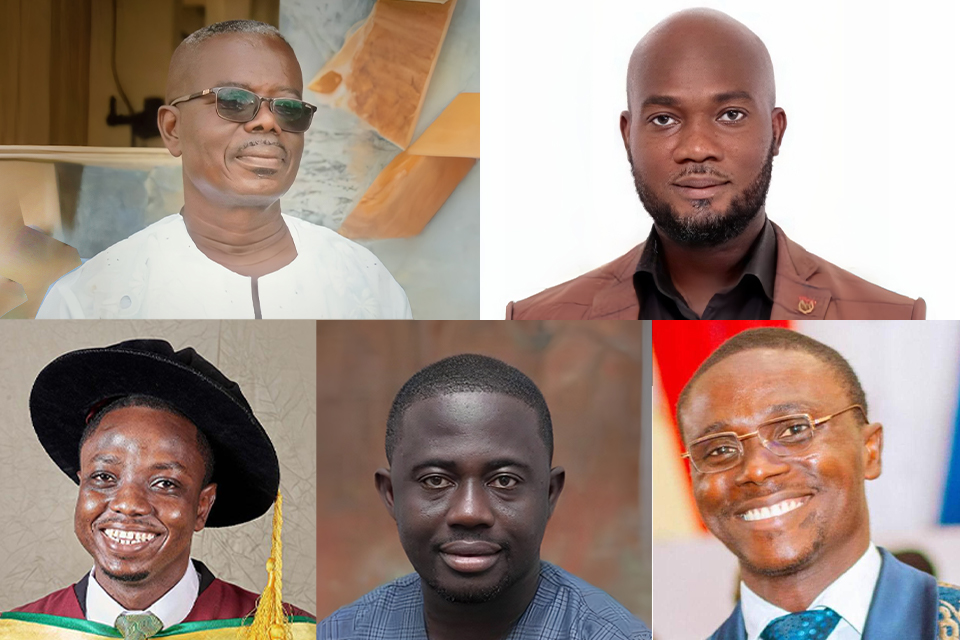UEW Researchers Secure Collaboration with Studiosity to Explore Ethical AI-Powered Learning Support

In an initiative poised to revolutionise educational practices, researchers from the University of Education, Winneba (UEW) have been awarded a grant from Studiosity, a leading global education technology provider based in Sydney, Australia.
This collaboration aims to explore the ethical implications and effectiveness of AI-powered learning support systems on student success and overall learning experiences.
The grant will fund a comprehensive study by a team of five UEW researchers, who will examine the impact of Studiosity’s AI-driven Writing Feedback platform on UEW students’ academic performance.
As technology becomes increasingly integral to education worldwide, this research is set to harness Studiosity's cutting-edge expertise in providing innovative and ethical online learning support, in tandem with UEW’s robust research capabilities.
The research is expected to shed light on the significance and effectiveness of AI in fostering academic growth among African students, particularly as educational institutions across the continent continue to integrate technology into their curricula. Key areas of focus will include the effectiveness of AI tools in enhancing student engagement, retention rates, and academic performance. Additionally, the research team aims to develop a framework that ensures the ethical use of AI in education, advocating for practices that prioritise student welfare and equitable learning opportunities.
The grant will support a range of research activities, including comprehensive surveys, focus group discussions, interviews, and data analysis involving both students and educators.
"This collaboration stands as a beacon of innovation and ethical responsibility, particularly as educational institutions globally navigate the complexities of integrating AI into learning environments," said Mr. Isaac Tete-Mensah, the project lead. "We hope to not only enhance student success through this research but also set a standard for responsible AI usage in education."
The research findings are anticipated to contribute significantly to the global discourse on AI in education, with relevance to African institutions increasingly adopting technology to bridge educational gaps. The study will identify potential challenges in implementing AI solutions in educational settings, while also highlighting successful approaches, all with a strong emphasis on ethical considerations.
The project is scheduled to commence in early 2025, with the research outcomes to be disseminated through academic journals and conferences. This marks a vital step towards shaping the future of ethical AI in educational contexts.
The research team includes Mr. Isaac Tete-Mensah (project lead), Prof. Benjamin Ghansah, Dr. Stephen Opoku Oppong, Dr. Martin Wiredu Agyekum, and Mr. Andrews Acquah. Their collaboration with Studiosity signifies a hopeful stride towards leveraging technology to support student learning, while also addressing the ethical challenges that come with it.
Source: Department of Media Relations - UEW








